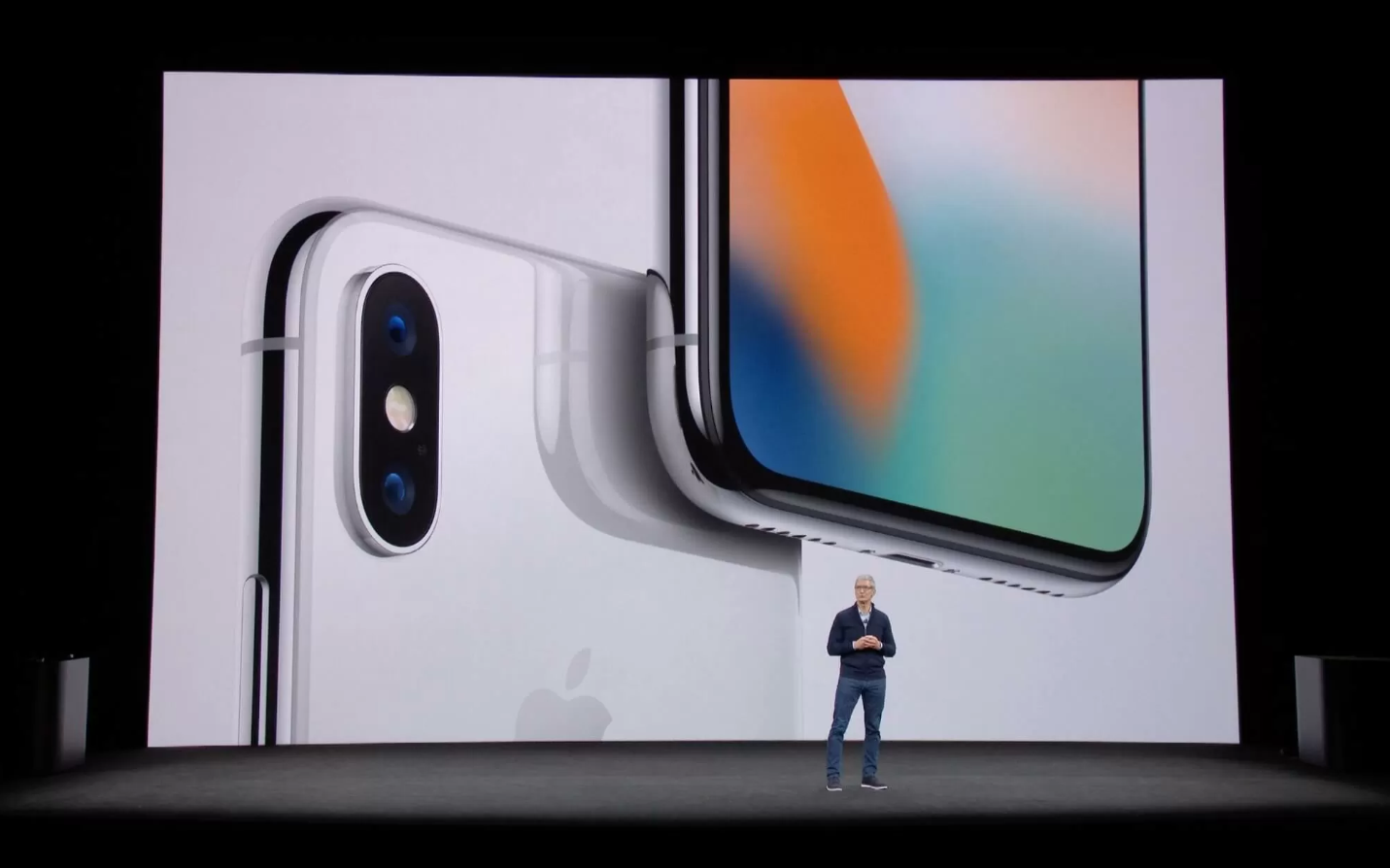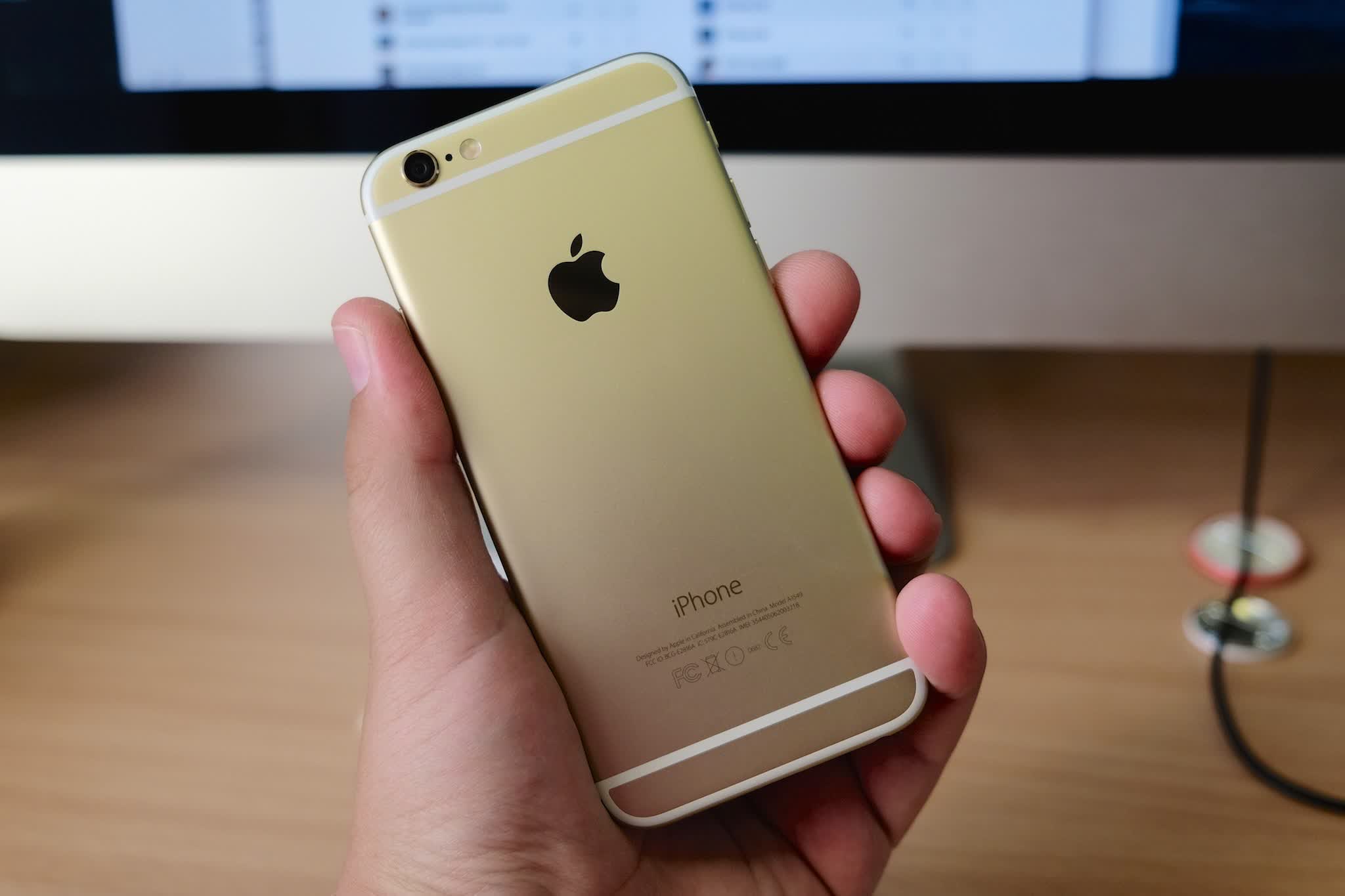In brief: A class-action lawsuit against Apple has been slowly progressing over the last five years. The case alleged that Apple CEO Tim Cook misled investors with comments about iPhone sales in China, leading to significant investment losses. Apple has now agreed to settle the lawsuit with a $490 million payout.
The case was first brought in April 2019 by the US city of Roseville before being taken over in 2020 by a local council in the east of England.
Norfolk Council, on behalf of the Norfolk Pension Fund and other plaintiffs, alleged that comments made in November 2018 were materially misleading and led to significant losses from their pension fund. They alleged that Apple CEO Tim Cook defrauded investors by hiding information about low demand for iPhones in China.
According to the original filing, on November 1, 2018, Cook spoke to investors to set out their financial expectations. When asked if economic and political circumstances were having an impact on iPhone sales in China, Cook gave a misleading answer. He said the only "emerging markets that we are seeing pressure in are markets like Turkey, India, Brazil, Russia … where currencies have weakened", before adding, "I would not put China in that category."
The suit alleged that this statement, among others, was "materially false and misleading when made," as Cook knew that iPhone sales had been decreasing in China already.
On January 2, 2019, two months later, Apple released a revenue forecast showing they had missed their target by $9 billion due to slower sales, which rocked markets and sent Apple's share price tumbling by nine percent.

It emerged at the time that Apple had quietly instructed its manufacturers to reduce iPhone production by as much as 30 percent, and moved some marketing staff over to sales positions. Both of these are indicators that Apple knew its sales weren't as healthy as they had suggested.
The plaintiffs in the case say they relied on information by Cook that was ultimately fraudulent, and so sought damages from Apple.
Apple has been fighting this case for almost five years. The company initially tried to have the case dismissed, arguing that the plaintiffs hadn't adequately proven intent to defraud, but the courts disagreed.
A new date was set for later this year, but instead, Apple has agreed to settle. It will pay the plaintiffs $490 million (£385 million), though we have no breakdown of how much each party would receive under the agreement. This preliminary settlement will still need approval from a judge, which will likely come later this year.
To put the settlement figure in perspective, Apple made roughly $97 billion in net income last year, so $490 million equates to roughly 0.5 percent of that.
